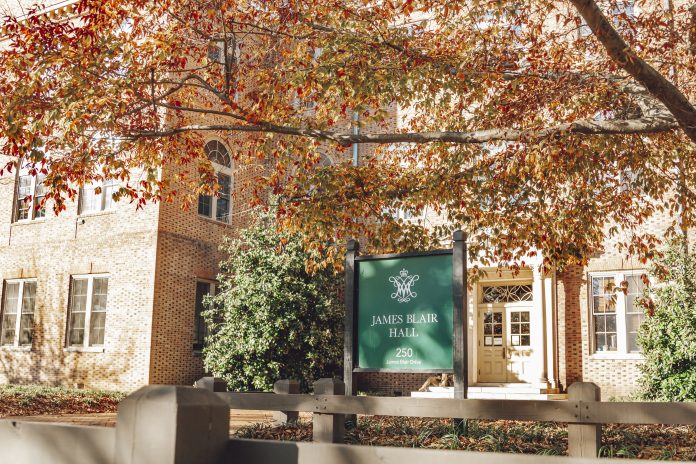“Why study history?” my father asks. “It’s all in the past!”
Though I doubt he will ever read this article, this is my reply.
It’s perhaps cliché to restate the fact that we are all “living history.” If anything, this current blend of a global COVID-19 pandemic and America’s tumultuous political scene during the presidential transition of President-Elect Joe Biden can oftentimes make one wish they were not living through history. The history I will speak of here, however, is not the lived history that becomes the past with every passing day, but rather the history that historians, academics, teachers, journalists and museum professionals involve themselves in: history as an understanding of the past.
What do I mean by this? History, as defined by academics, is “an interpretation of the past.” The past, the stuff which history is built upon, constituted the peoples, places and events that have passed us by. Memory is what defines how the past is remembered, and interweaves and contradicts history in the most confusing and complicated of ways.
Everything is made difficult by the fact that the world at large tends to conflate these three concepts with one another until everything blends into an inseparable mix of history-past-memory. This is highly apparent in our current political discourse. Take, for example, the heated debate that enveloped our nation this past summer over the tearing down of statues, primarily targeted at Confederate monuments. Such actions were decried as “historical erasure,” implying a tragic destruction of the past. What many did not understand is that it was not the past that was being changed, but history itself. History, as an act of interpretation, is constantly changing, being rewritten, disagreed upon.
In fact, the source of history’s power lies in its method. I’d go so far to describe the practice of history as that of a humanity wedded to a nearly-scientific methodology. Simply put, the role of the historian is to interpret the past based upon primary sources — any kind of historical source, be it written record, object, sound, you name it — and contribute to a collective, varied conversation inclusive of everyone else who has come to conclusions about any given historical topic. History is an art held subject to evidence. It is impossible to get it totally right, but entirely possible to get it wrong. History is subjective, yes, but only to the extent of its evidence, which stands empirical and unassailable. It is this simple fact that denies pseudohistorical theories of say, Holocaust denial and the idea of American slavery representing a positive good.
President Donald Trump’s recent unveiling of his “1776 Project” reveals everything that is wrong with such historical confusion. A little more than two months ago, Sept. 17, he announced a new initiative to promote “patriotic education” to serve as a counter to The 1619 Project from “New York Times Magazine” and critical race theory, points of inquiry that seek to locate race in the American story and recognize untold stories of racial oppression. America has a complicated history with race, to put it far too lightly. It is indeed possible to argue with some of the claims issued by the 1619 Project and similar-minded publications, as all history is contestable. However, such arguments must derive from facts rather than sentiment, and this point is what the 1776 Project lacks.
“Like it or not, the past is political.”
Like it or not, the past is political. As put by American historian Jill Lepore, “we live in a politics in which all of our political conversations are historical arguments… they can’t really be subjected to inquiry or challenge unless we have a much better understanding of the past.” I love history for all sorts of reasons, but this point is perhaps its most important and direct application: it informs our present. Any history, I would argue, must justify its existence on the grounds of its contemporary import. It must answer the key question of “so what? Why does this matter?”
So, why does historical method matter? It matters because it allows us to critically interrogate the past in a way that avoids distorting it whilst allowing us to better understand our present. In order to transition to a more enlightened sense of state and society, we need to practice our historical due diligence. We must consider everything in our lives with historical mindsets that cut through our petty sentiments and emotions. We must eschew memory to allow the past to speak for itself and create our histories. We must agree, and disagree, over and over again and reckon with the consequences of our shared past.
This is not a call restricted to academics, who themselves have much work to do in informing and educating the public. You, dear reader, have a stake in the method of history, what some in the academy might call “historiography.” Next time you read your news or watch your Netflix, think about the historical assumptions that underlie your media, your life itself. Recognize the presence of the past in your life, and rethink what you know. Pass your knowledge on to others, and encourage them to join the conversation.
This is why I study history, and why I think the world ought to as well. Do yourself justice, and try to think of the world in more historical terms. I promise you that it’ll do all of us a lot of good.
Email Grant Wong at gwwong@email.wm.edu.

